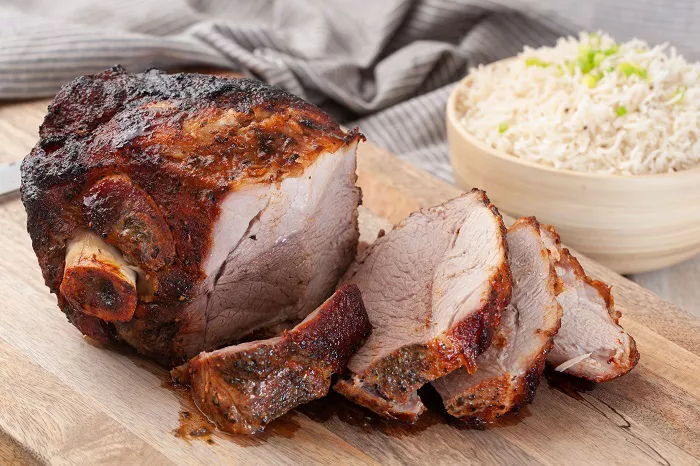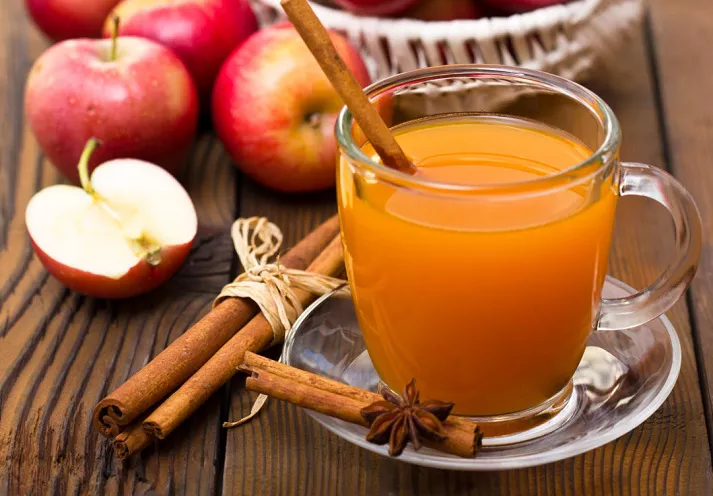Pork is a versatile and widely consumed meat around the world. From succulent roasts to savory sausages, it’s a staple in many cuisines. But how does pork fare in terms of health? In this article, we will dissect the nutritional components of pork, explore its health benefits, discuss potential concerns, and provide practical tips for incorporating it into a balanced diet.
1. Nutritional Profile of Pork:
Protein, Vitamins, and Minerals
Pork is a good source of high-quality protein, which is essential for muscle growth, repair, and overall health. It’s also rich in several important vitamins and minerals, including vitamin B12, zinc, selenium, and niacin. These nutrients play vital roles in various bodily functions, such as energy production and immune support.
2. Lean Cuts of Pork:
Low-Fat Options
Not all pork cuts are created equal. Lean cuts of pork, such as pork loin and tenderloin, are lower in fat compared to fattier cuts like pork belly. Choosing lean cuts can help reduce your saturated fat intake and make pork a heart-healthy option when prepared and cooked properly.
3. Health Benefits of Pork:
A Balanced Diet Inclusion
Incorporating pork into a balanced diet can provide several health benefits. The protein content in pork helps with muscle maintenance and can keep you feeling full, which may aid in weight management. Additionally, pork contains essential nutrients that support brain function and overall well-being.
4. Potential Concerns:
Saturated Fat and Processing
One of the primary concerns with pork consumption is its saturated fat content. High intake of saturated fats is associated with an increased risk of heart disease. It’s essential to choose lean cuts, trim visible fat, and practice healthy cooking methods, such as grilling or roasting, to minimize saturated fat content.
Another consideration is processed pork products, like bacon and sausages. These often contain added salt and preservatives, which can contribute to high sodium intake. Limiting the consumption of processed pork and choosing unprocessed options is advisable for better health.
5. Pork and Dietary Preferences:
Accommodating Various Diets
Pork can be a part of various dietary preferences, including omnivorous, paleo, and keto diets. However, individuals following religious dietary restrictions or personal dietary choices may avoid pork. It’s important to respect and accommodate these preferences in social and dietary contexts.
6. Practical Tips for Healthy Pork Consumption:
Balanced Meals and Food Safety
To enjoy the benefits of pork while minimizing potential drawbacks:
Opt for lean cuts and trim excess fat.
Practice portion control to manage calorie intake.
Balance your pork-based meals with a variety of vegetables and whole grains.
Cook pork thoroughly to ensure food safety and prevent foodborne illnesses.
Conclusion:
In conclusion, pork can be a healthy and nutritious addition to your diet when consumed mindfully. It provides essential nutrients, including protein, vitamins, and minerals. However, it’s crucial to be aware of potential concerns, such as saturated fat content and processed products. By choosing lean cuts and preparing pork in a healthy manner, you can enjoy its benefits without compromising your health. As with any dietary choice, moderation and balance are key to a wholesome and well-rounded diet.
FAQs related to the topic “How Healthy Is Pork” :
Q1: Is pork considered a healthy meat choice?
A1: Pork can be a healthy meat choice when consumed in moderation and when opting for lean cuts. It provides essential nutrients like protein, vitamins, and minerals. However, it’s important to be mindful of the cooking methods and portion sizes to make it a healthy part of your diet.
Q2: What are some examples of lean cuts of pork?
A2: Lean cuts of pork include pork loin, pork tenderloin, and pork sirloin. These cuts are lower in fat and calories compared to fattier cuts like pork belly or ribs.
Q3: How does pork compare to other meats in terms of nutritional value?
A3: Pork is nutritionally comparable to other meats like chicken and turkey. It provides a good source of protein and essential nutrients. The nutritional value can vary depending on the cut and preparation methods.
Q4: What should I be cautious about when consuming pork?
A4: One primary concern with pork is its saturated fat content. High intake of saturated fats can increase the risk of heart disease. It’s advisable to choose lean cuts and practice healthy cooking methods to minimize saturated fat intake.
Q5: Are processed pork products like bacon and sausages healthy to eat?
A5: Processed pork products like bacon and sausages often contain added salt and preservatives. Consuming them in excess can contribute to high sodium intake and may not be considered the healthiest choice. It’s best to enjoy them in moderation and choose low-sodium options when available.
Q6: Can pork be part of a low-carb or keto diet?
A6: Yes, lean cuts of pork can be part of a low-carb or keto diet due to their high protein content and relatively low carbohydrate content. However, it’s essential to be mindful of portion sizes and avoid highly processed pork products.
Q7: Are there any religious or cultural dietary restrictions related to pork?
A7: Yes, some religions and cultures have dietary restrictions that prohibit the consumption of pork. For example, pork is forbidden in Islam and Judaism. It’s important to respect these dietary choices in social and cultural contexts.
Q8: How can I ensure the safety of pork when cooking it?
A8: To ensure the safety of pork when cooking, use a food thermometer to ensure it reaches the recommended internal temperature (typically 145°F or 63°C). This helps prevent foodborne illnesses. Additionally, practice good food hygiene and avoid cross-contamination.
Q9: Can people with dietary restrictions or health conditions still include pork in their diet?
A9: Individuals with dietary restrictions or health conditions should consult with a healthcare professional or a registered dietitian to determine if pork is suitable for their specific needs. They may need to make modifications or consider alternatives.
Q10: Is pork a sustainable meat choice?
A10: The sustainability of pork production can vary depending on farming practices. Some farms prioritize sustainable and ethical practices, while others may not. To support sustainability, look for pork products from farms that emphasize responsible farming and animal welfare practices.






















